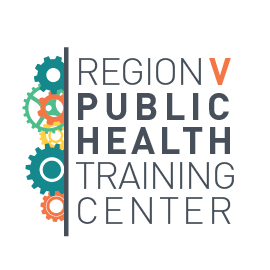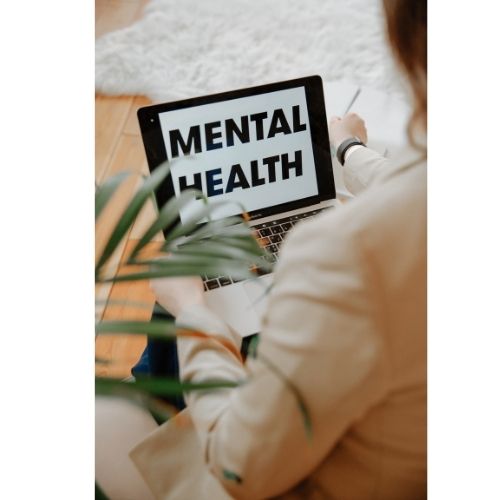By Amna Baig, MPH, Project Coordinator, RVPHTC
Image Source: Canva
An individual’s mental health makes a great impact on their overall health and wellbeing. In researching our workforce’s mental health, I found that even though mental health is a mainstream topic among the public health workforce, it is not yet openly discussed or acknowledged among the rest of the workforce. Especially recently, with the COVID-19 pandemic and remote work becoming widely adopted, it has disrupted the normal work-life balance in a substantial way – hence causing a number of unexpected mental health issues for the average American working adult. People found themselves under tremendous pressure managing a number of new things they were never trained or educated to do. For many, this included working from home, lack of childcare, and schools being closed, all while attempting to balance their work and personal lives.
It really seemed like doing the undoable.
The initial months of the pandemic were more severe for people because they weren’t socializing as much and didn’t really understand the nature of the pandemic very well. Even though working from home and virtual schooling provided a lot of comfort to many families trying to remain safe from the coronavirus, it came with a burden.
According to a recent report from Mental Health America, it was found that in 2021, 9 out of 10 employees reported that their workplace stress affects their mental health and 3 out of 5 employees were not receiving adequate support from supervisors to help manage stress. As our society moves towards a work culture that recognizes mental health to be an important and critical part of an employee’s productivity and wellbeing, many organizations like the CDC, NIMH, and others have been proactively providing support material, such as support for employees and resources for adults to better cope with working during the pandemic.
In particular, training centers throughout the country are becoming more aware of the need to provide support to the workforce dealing with the everyday work-life balance during the pandemic. The Region V Public Health Training Center and the National Council for Mental Wellbeing offer a great on-demand training that aims to recognize the impact of mental health issues on employees and informs of interventions that leaders can implement with their staff. There needs to be a change at the management level when it comes to making our workplaces more responsive to an employee’s mental health needs. By training professionals who are aware of their staff’s mental health needs and equipping them with the appropriate tools, we can then hope to move towards a workforce with a healthier mental state.
If you’re interested in strengthening your personal mental health, we encourage you to explore implementing some of these strategies and the resources below:
- Setting boundaries (learning how/when to say “No”)
- Taking breaks throughout the day
- Communicating with your professional/personal support
Resources:
- Mental Wellbeing and Resilience
- Mind the Workplace: Workplace Mental Health: Data, Statistics, And Solutions
- Support for Employees
- Trauma-Informed Care Workshop Series #1 – How to Lead Through COVID-19 Crisis in a Resilience-oriented Trauma-informed Way
- Resiliency Trainings for Staff and Leaders
- Leadership Skills for Managing Worker Stress and Fatigue through COVID-19
- Building a Culture of Resilience
- The Total Worker Health Program
- New Public Health Workforce Resilience Resource Library

